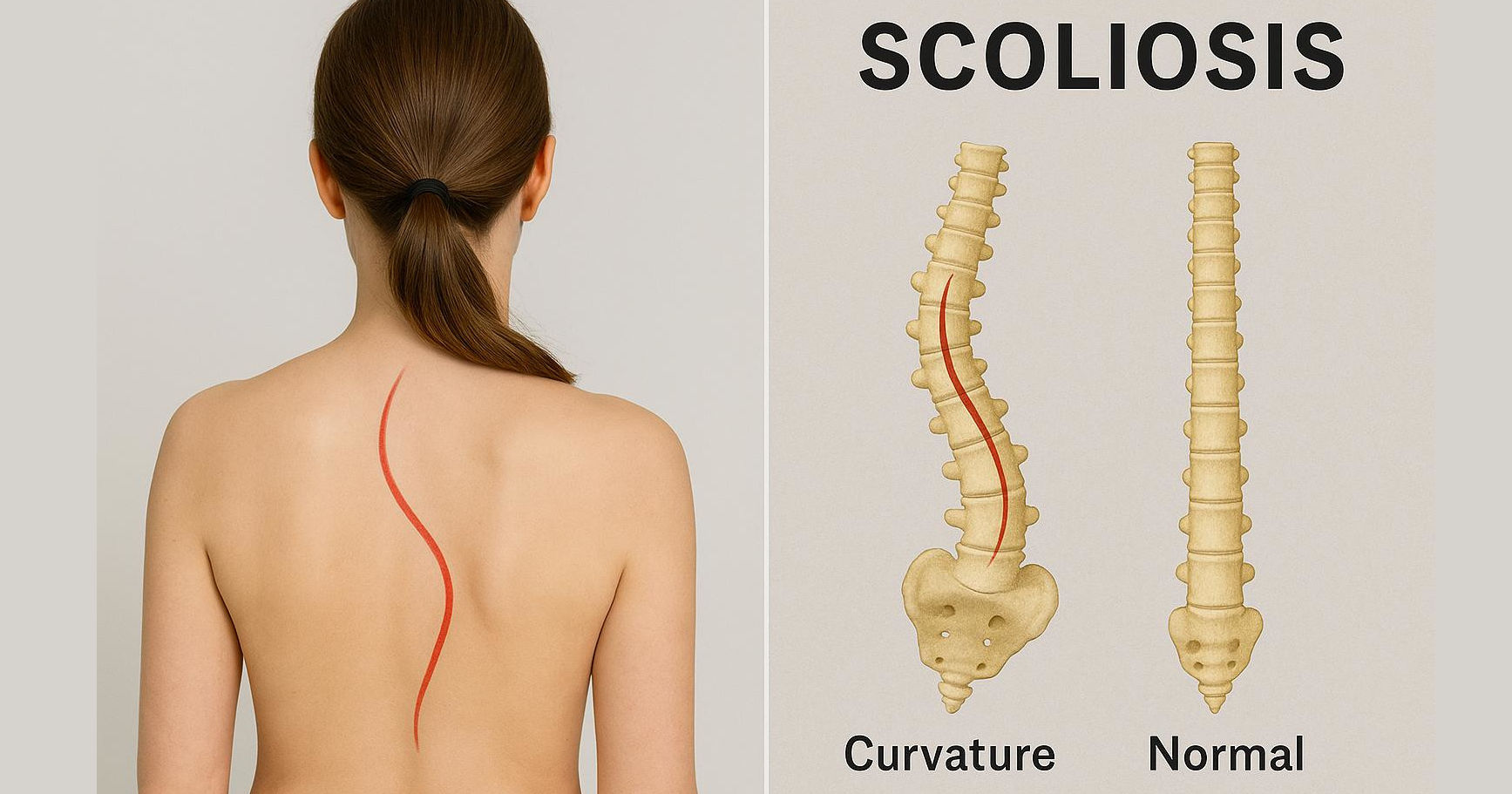
Regenerative medicine is an innovative field that focuses on repairing, replacing, or regenerating damaged tissues and organs. It harnesses the body's natural healing processes and combines them with advanced technologies to restore normal function. Key areas within regenerative medicine include stem cell therapy, tissue engineering, and gene editing. The potential applications of regenerative medicine are vast, ranging from treating chronic diseases to addressing traumatic injuries.
The Science Behind PRP and Stem Cell Therapy in Pain Management
The science behind Platelet-Rich Plasma (PRP) and stem cell therapy in pain management is rooted in their ability to harness the body's natural healing processes. PRP therapy involves drawing a small amount of the patient's blood, processing it to concentrate the platelets, and then injecting this enriched plasma into the affected area. The high concentration of growth factors in PRP promotes tissue repair and reduces inflammation, making it particularly effective for conditions like tendonitis and osteoarthritis.
Stem cell therapy, on the other hand, utilizes stem cells—undifferentiated cells with the potential to develop into various types of tissues. These cells can be derived from several sources, including bone marrow or adipose (fat) tissue. When injected into damaged areas, stem cells can differentiate into cartilage or other necessary tissues, promoting regeneration and significantly alleviating pain.
Conditions Treated with Regenerative Medicine for Pain Management
- Chronic Pain Relief: Regenerative medicine focuses on addressing the underlying causes of chronic pain rather than merely masking symptoms. By utilizing techniques such as stem cell therapy and platelet-rich plasma (PRP) injections, patients can experience significant relief.
- Arthritis Treatment: Conditions like osteoarthritis and rheumatoid arthritis can cause debilitating joint pain. Regenerative therapies aim to repair damaged cartilage and improve joint function, providing long-term relief for those suffering from arthritis.
- Sports Injuries Recovery: Athletes often face injuries that can sideline them for extended periods. Regenerative medicine techniques help accelerate recovery from common sports injuries, such as ligament tears and muscle strains, allowing athletes to return to their activities more quickly.
- Joint Pain Management: For individuals dealing with persistent joint pain due to wear and tear or injury, regenerative treatments offer a non-surgical option for managing discomfort while promoting healing within the joints.
- Tendon Injuries: Tendon injuries are common in both active individuals and those experiencing age-related degeneration. Regenerative therapies can stimulate healing in injured tendons, reducing pain and restoring function effectively.
By harnessing the body’s natural healing processes, regenerative medicine provides promising solutions for those seeking relief from various painful conditions, paving the way for improved quality of life without reliance on traditional pain management methods.
The Benefits of Using Regenerative Medicine for Pain Management
One of the primary benefits is its potential to reduce reliance on opioids and other pain medications, which often come with significant side effects and risks of addiction.
Techniques such as stem cell therapy and platelet-rich plasma (PRP) injections aim to repair damaged tissues, promoting healing at the source of pain rather than merely masking symptoms. This targeted approach not only alleviates discomfort but also addresses underlying issues, leading to more sustainable outcomes.
Additionally, regenerative medicine treatments can be tailored to individual needs, enhancing their effectiveness. Patients often experience quicker recovery times and improved mobility, allowing them to return to everyday activities with less interruption. As research continues to advance in this field, regenerative medicine stands out as a transformative option for those seeking effective pain management solutions.



Dr. Scoppa
Dr. David Scoppa holds a bachelor of science degree in the biological sciences from Susquehanna University in Selinsgrove, PA where he published his first journal article in 1996. He worked as an associate scientist in pharmacokinetics for both Dupont Pharmaceuticals and Bristol-Myers Squibb. In 2006, he earned a Doctorate of Chiropractic Medicine from Palmer Chiropractic College Florida.